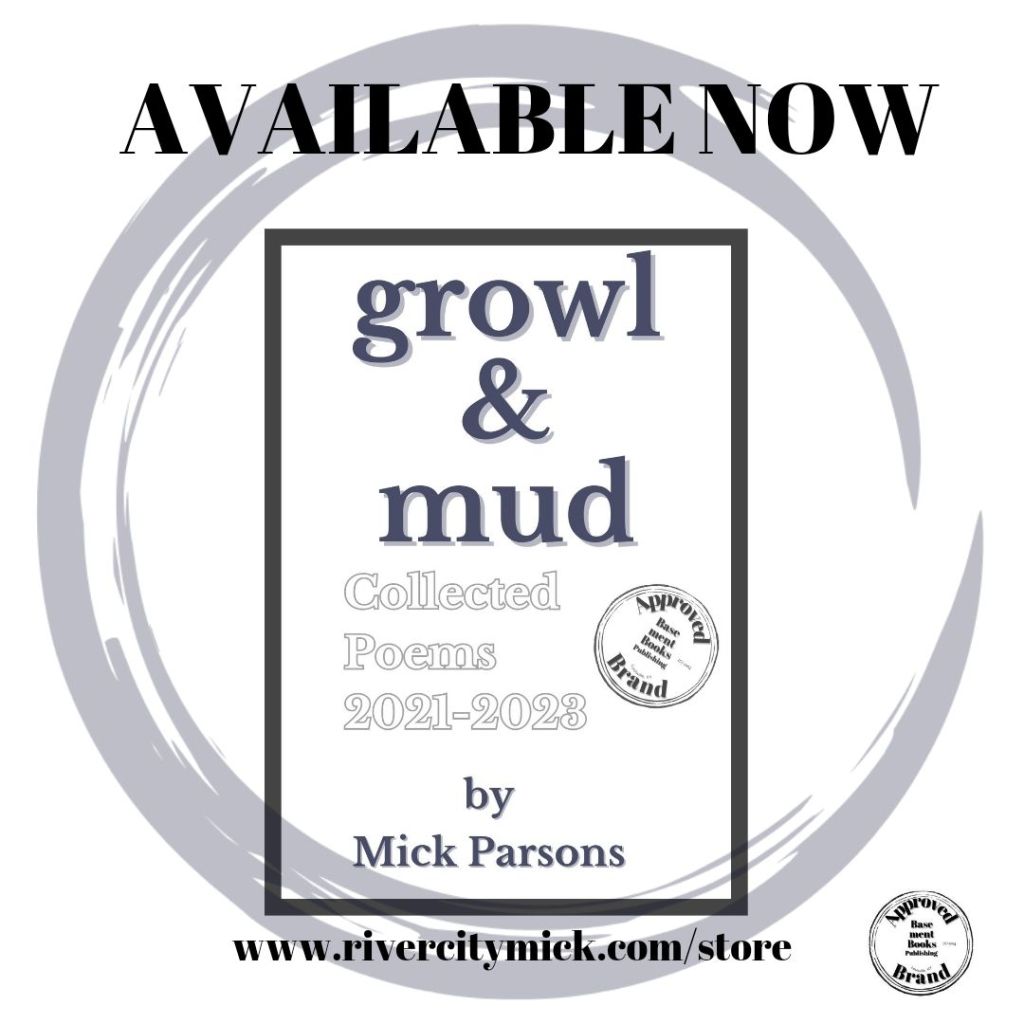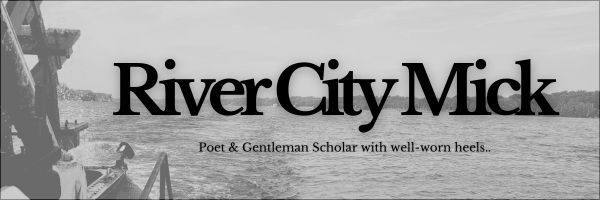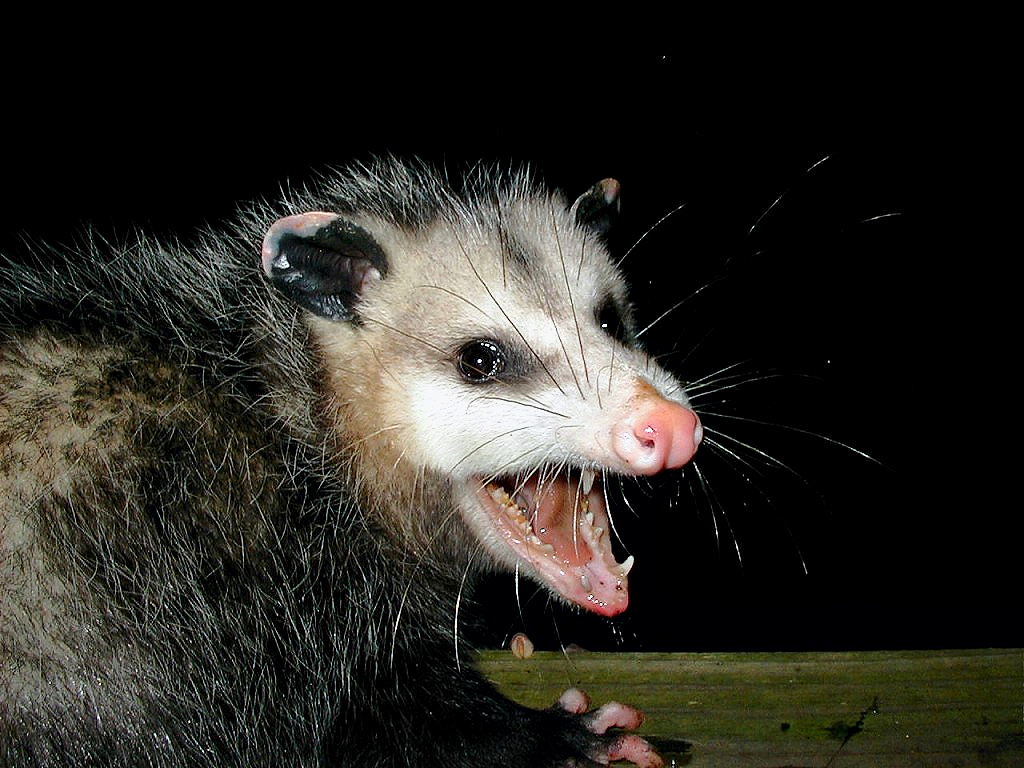
I like to imagine Mick Parsons as the poet wearing a backpack and well-worn boots, looking up at the moon before finding a solitary park bench on which to write. From the moment I met him, he’s been an honest and unpretentious poet, unafraid of what that means in today’s literary landscape. Much of Parson’s latest collection, Growl & Mud, Collected Poems 2021-2023 (Basement Books, 2023) is poetry that has been
previously published under his pen-moniker, dirtysacred. Parsons says in the book’s introduction, “I like dirtysacred as a name as much the name my parents gave me… A name, an identity, has become almost as important to poetry… as the work itself. And I simply don’t care about any of that…I just want the work to stand or fall, regardless of who I am.” Parson’s work, whether it’s the individual poems or the collective whole, reflects precisely what he sees. It is clear that the author would like nothing more than to vanish into the background as the reader enters, and let the work speak for itself.
Beginning in 2023, Growl and Mud walks backward into 2021, with a world recovering from a pandemic, and its people in disarray. Parsons uses free verse as often as he uses form in the structures found in Growl and Mud, expansive and diverse as his subjects. Even his own body is not safe from his high-powered lens: “…body / as a broken tea cup / maybe / no one will notice the crack / track progression by how / the scar looks.” The movement in the lines are careful, matching the speaker’s body, healing from surgery. Whether interior or exterior, Parson’s lens is clear and unflinching. Often composing outside, often in his beloved Ohio River Valley, he witnesses nature and human nature erupting in full view. “A Monday night on the wharf” is an example of this, as vivid as film, its subject, a street woman battling mental illness: “afraid of the dark and sometimes / brandishing a knife she begs the night / lights for cigarettes…” The picture of her, taken without prejudice, includes the ghost of our collective failure to care for one another–the last character standing.
Parsons includes a series of days near the beginning of the book, each one corresponding to a day in the life of 2023. “Day 3” comes right out of the gate, swinging: “These poems are not proclamations. / They are questions.” The speaker returns at the end: “These poems explain nothing. / They admit everything.” Throughout the book, Parsons’ poetry is an admission of life. His weapons of beauty are thrift, simplicity, and compassion, making sure the reader is coming along for the ride.
Janet Rodriguez, author of
Making an American Family : A Recipe in Five Generations ]

